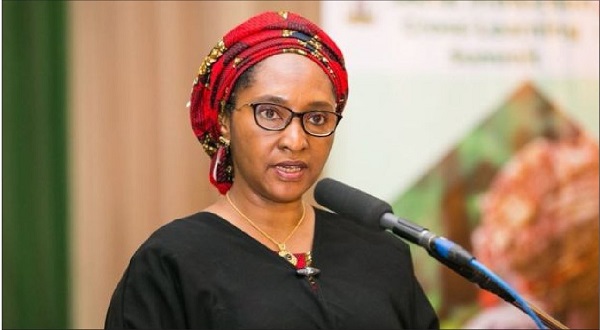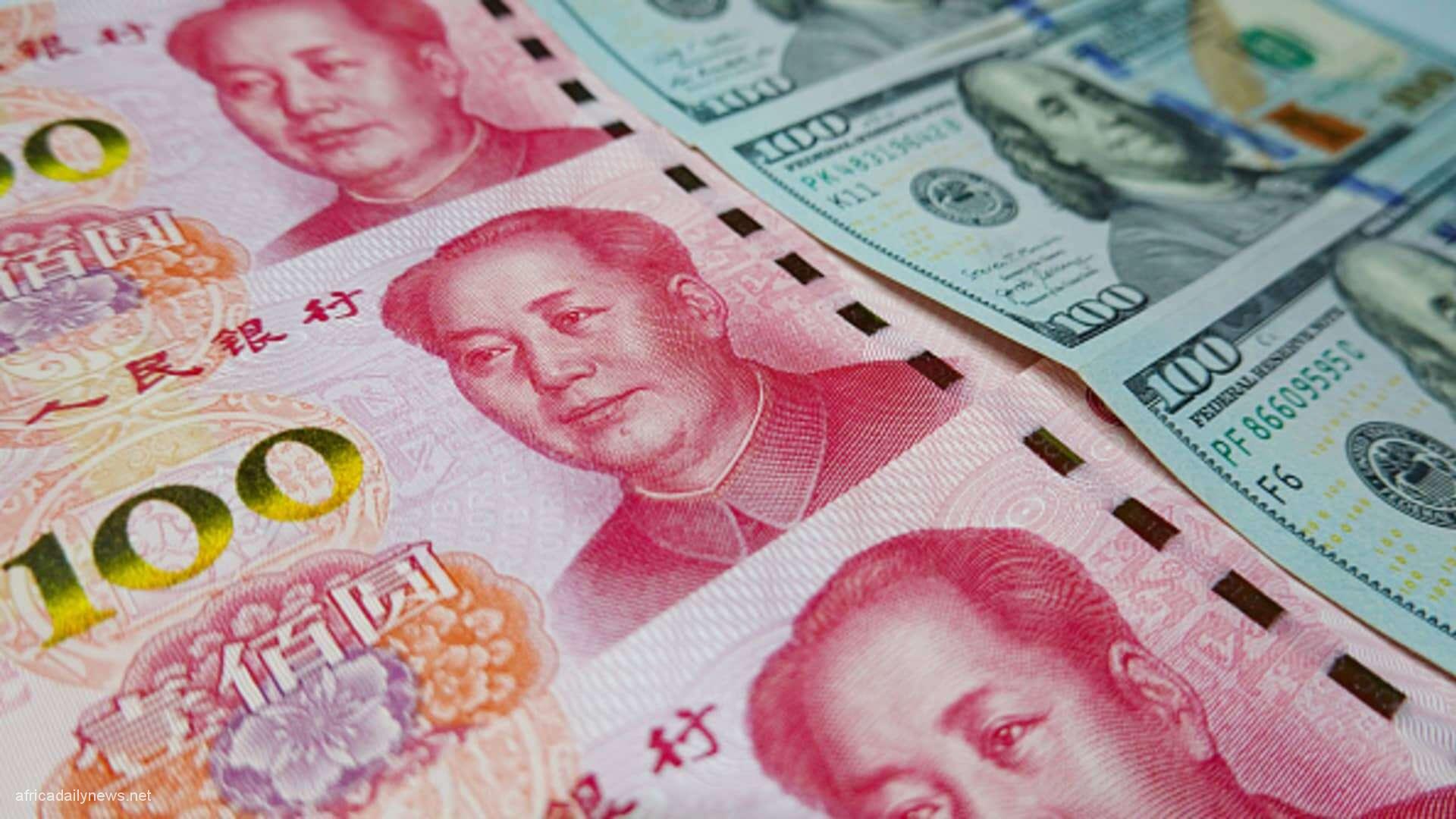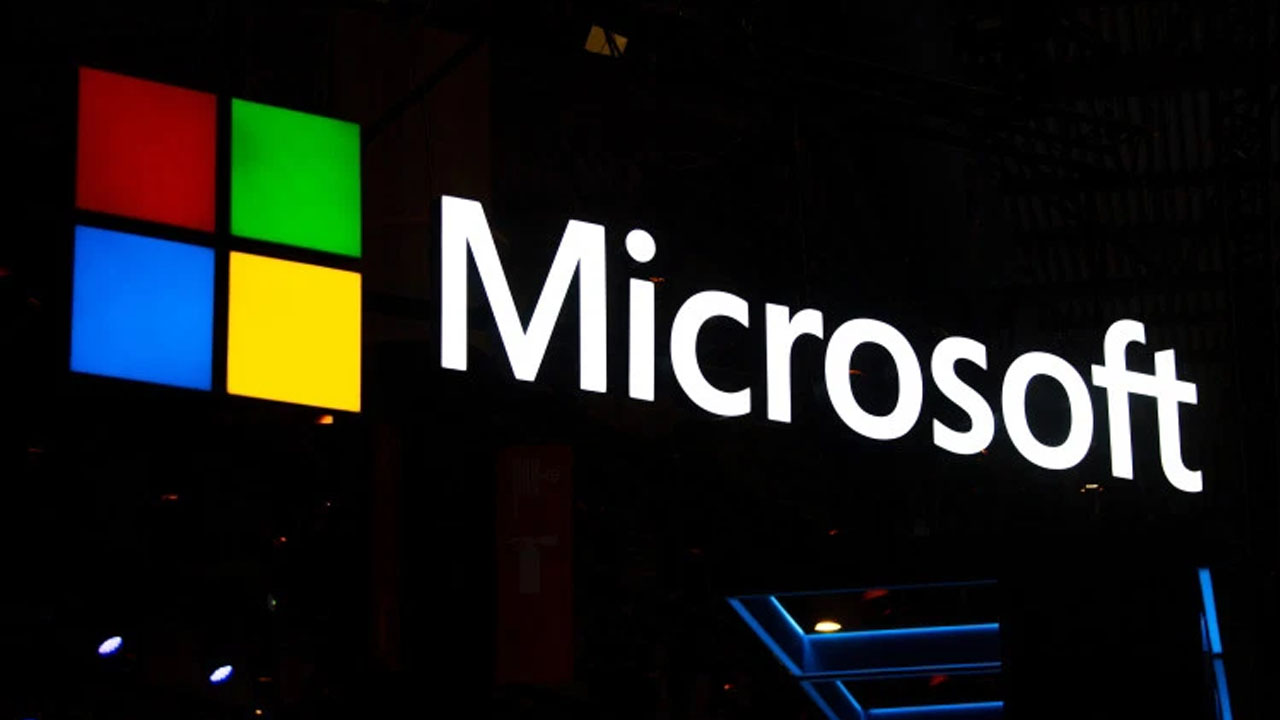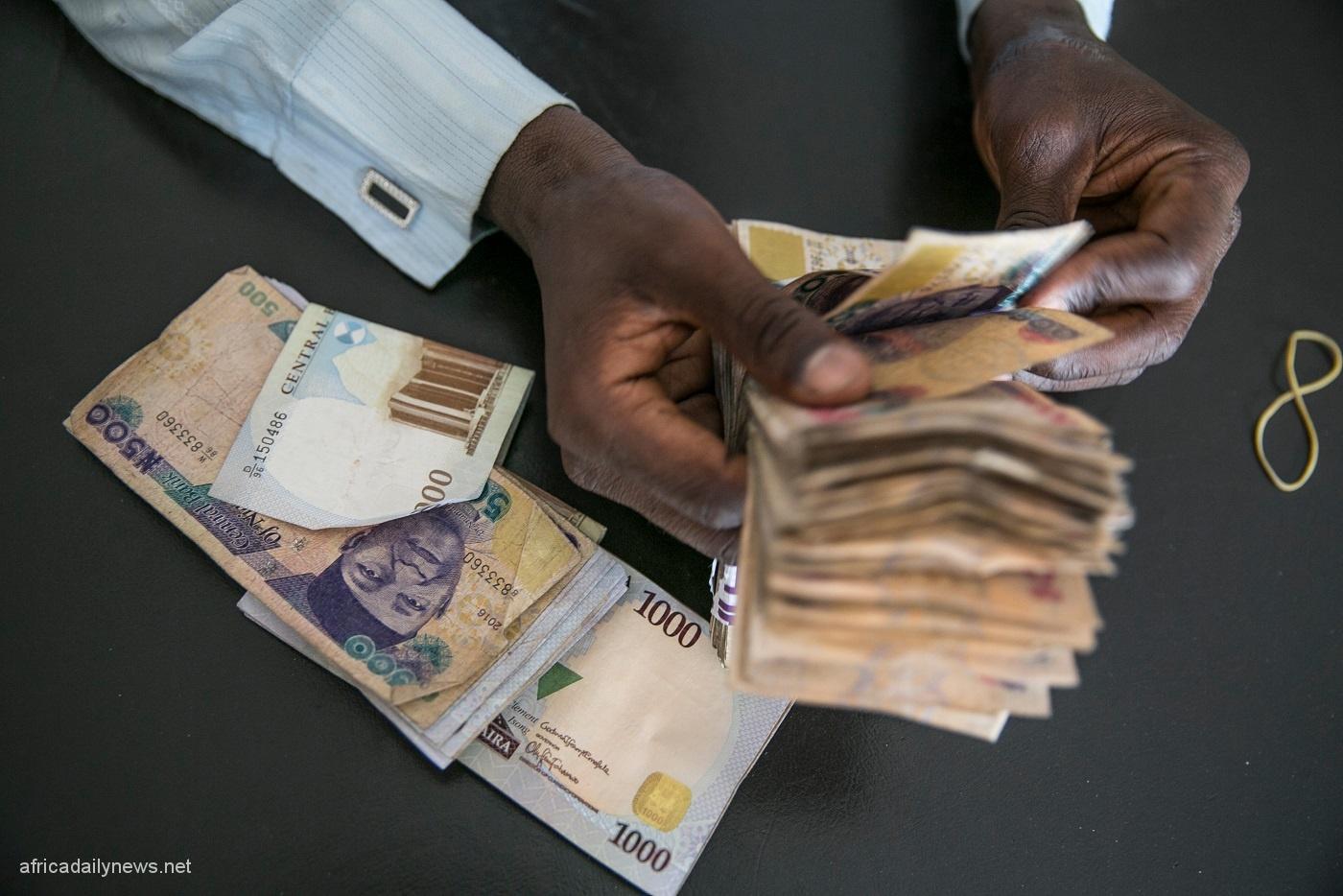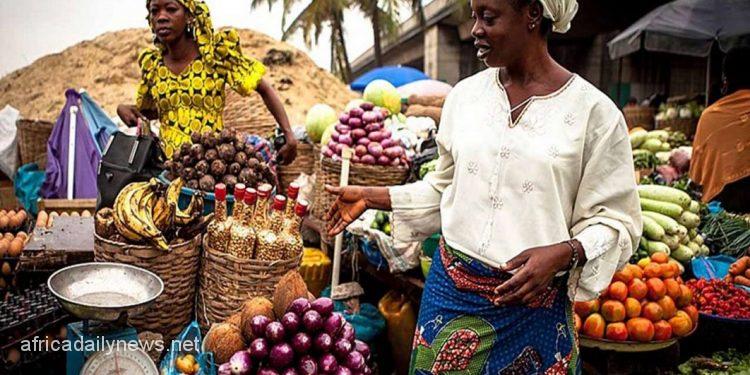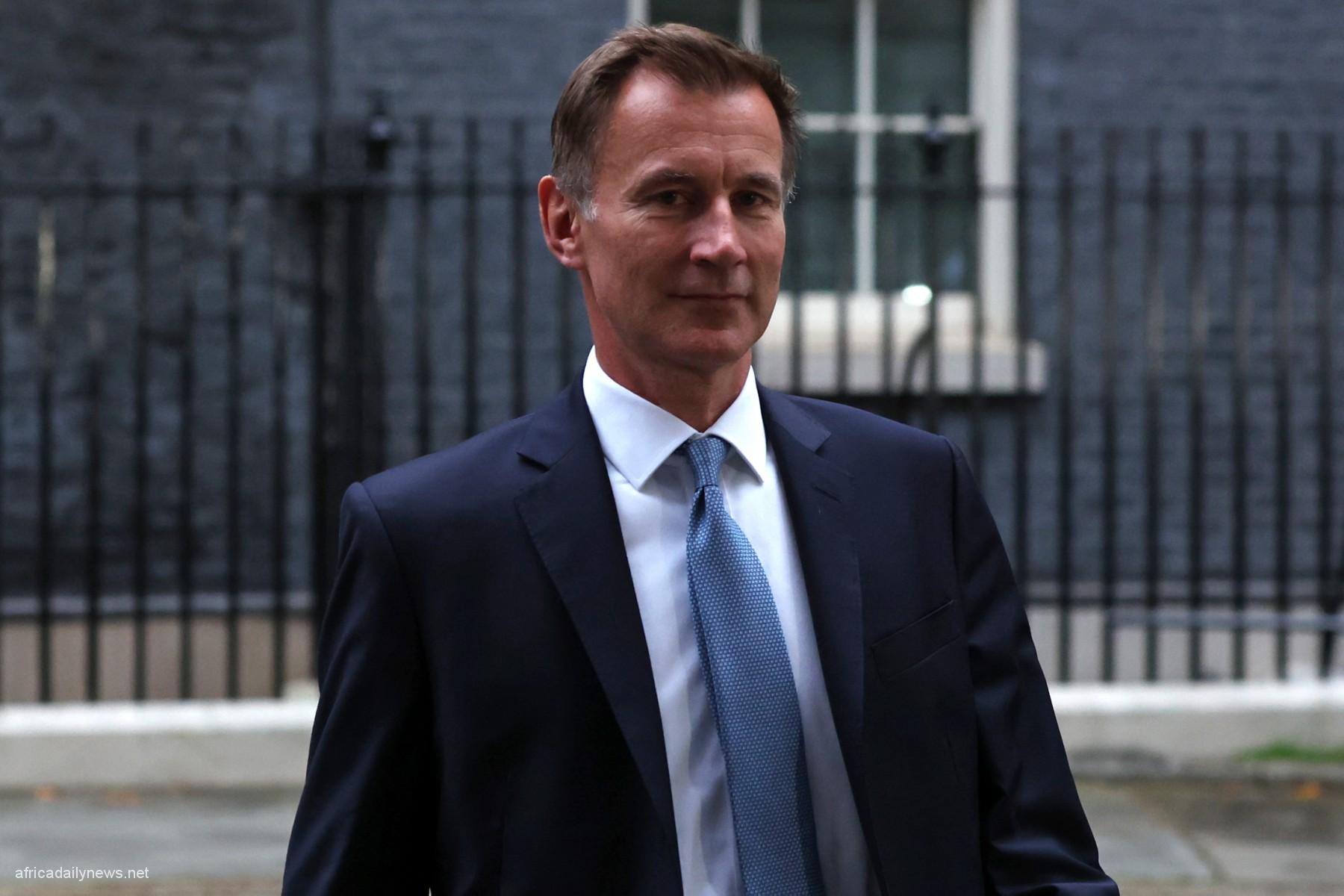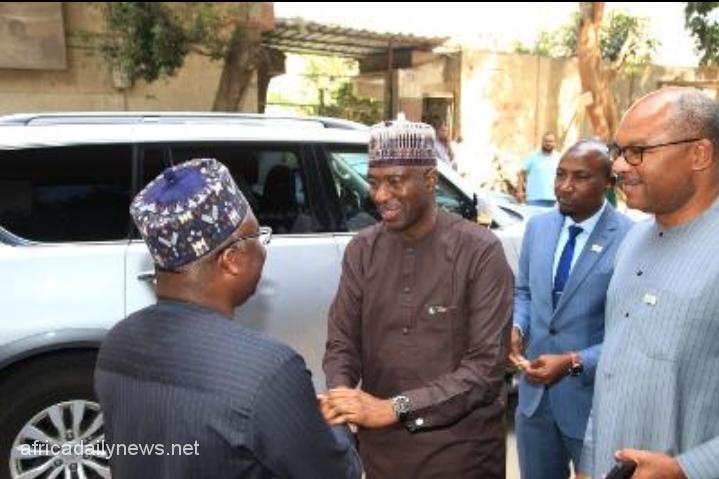The Minister of Finance, Budget, and National Planning, Zainab Ahmed, has revealed that with the Nigerian National Petroleum Company (NNPC) remitting almost zero Naira to the federation, the government can no longer sustain petroleum subsidy cost which currently stands at about ₦250 billion monthly.
Speaking to State House Correspondents on Wednesday shortly after the week’s Federal Executive Council (FEC) meeting which presided over by President Muhammadu Buhari, at the Presidential Villa, Abuja, the Minister insisted that subsidy must be removed by 2022 and replaced with ₦5000-a-month transportation grant to the poorest Nigerians, saying that subsidy was no longer sustainable.
Ahmed said: ‘So the Petroleum Industry Act, has a provision that all petroleum products must be deregulated. And in the 2020 budget, we made a provision to assume that at the maximum by the end of June, we must exit subsidy. So this last FAAC the subsidy cost to the Federation was ₦243 billion. So if we look at a cost of about 250 billion per month, and it has been increasing consistently. So we’re expecting something around ₦120 billion per month from NNPC. And now we’re getting to a point where NNPC is remitting near zero. And if we don’t stop we will get to a point where they will tell you pay me this for managing the fuel provision in the country.
‘So if you take 250 billion times 12 months, that is about ₦3 trillion. If we don’t remove that, that is what it is costing us. This is money that we can use to apply to health and to education.
Read Also: ‘Nigerians To Get Transport Allowance After Subsidy Removal’
‘The intervention we want to provide, it’s for between 20 to 40 million people and there is still a lot of work going on. We have a committee that is chaired by His Excellency the Vice President, state governors and a few of us ministers as members. So we have to have a landing as to the exact number between 20 to 40 million.
‘We already agreed it will be ₦5000 and we have also agreed that the remittances have to be done digitally. So the e-naria will help, but also so are the various payment platforms that are currently available. What we will not do is paying people in cash. So the transfers that people will receive through one kind of electronic money or the other and it’s meant to be for a period of six, nine or 12 months. So these are things that we are still in negotiation because it’s still money that would have to come from the Federation account. So everybody that is a member of FAAC will have to agree on the numbers. The maximum will be 12 months, the minimum will be will be six months.’
Ahmed also noted that the impact of the economic growth being recorded will not be felt until it surpasses the population growth rate.
She said she briefed that council on the third-quarter GDP report for 2021 which was released on Thursday last week by the National Bureau of Statistics, affirmed that the result shows an improvement from the contraction that we witnessed in 2020.
Asked quizzed on why the growth does not impact on Nigerians, she said: ‘Let me say that, again, the Nigeria economy is growing. And right now we witnessed, four consecutive quarters of GDP growth. We also said that we aspire to continue to push this growth to the point where the growth supersedes the growth in our population, because that’s the time that people will actually feel the benefits.
‘So, we’re pushing the bar at the third quarter of 2021. The average annual growth is now 3.3%. Our population growth is roughly about 3.2%. So, we still need to do a lot more for people to feel this. But the fact that the service sector is not in positive territory, it also means that people will actually begin to feel the difference, because it is the service sector that has the first direct impact on people.’
The minister recalled that Nigeria had negative growth in Q2 and Q3 2020, noting: ‘We entered into a recession technically and then exited recession by the fourth quarter of 2020.
AFRICA DAILY NEWS, NEW YORK

